Training tax skills on digital platforms
At the training program “Long-term business – Starting from the law” organized by the Center for E-commerce and Digital Technology Development (eComDX), the Department of E-commerce and Digital Economy (Ministry of Industry and Trade) in collaboration with TikTok Vietnam on the afternoon of June 25 in Hanoi, the E-commerce Tax Department – Ministry of Finance emphasized the essential role of tax in e-commerce management. The tax sector is prioritizing the completion of the legal framework, aiming to create a level playing field, prevent revenue loss but still promote digital development.

Mr. Nguyen Huu Tuan, Director of the Center for E-commerce and Digital Technology Development (eComDX) shared at the training session. (Source: Ministry of Industry and Trade )
Enterprises and individuals doing business online are encouraged to declare and pay taxes via the eTax Portal, eTax Mobile application and use the VNeID electronic identification to increase transparency and security. Common declaration errors are also shared with instructions on how to fix them. The tax sector is committed to accompanying and supporting the digital business community to fully fulfill their tax obligations.
Meanwhile, the e-commerce platform acts as an intermediary, responsible for ensuring a safe and trustworthy trading environment. Behaviors such as not notifying/registering the website, trading in counterfeit, banned, or fake goods, false advertising, tax fraud, infringement of personal information, or cyber attacks are strictly prohibited.
Trump Mobile retracts “made in USA” claim just one week after launch
Trump Mobile has quietly dropped the promise that its $500 T1 phone is “made in the USA.” Previously, the website claimed the device was “designed and engineered entirely in the USA,” but now it only says “shaped by American values.”

Trump yellow phone. (Source: arstechnica.com)
The suspicion is that the T1 is actually a reskinned version of the REVVL 7 Pro 5G model manufactured by Chinese company Wingtech, which is sold by T-Mobile for only $250. The screen size was originally announced as 6.78 inches, now the website has changed it to 6.25 inches.
Trump Mobile is a virtual network operated through a brand licensing agreement between the Trump Organization and a small Florida company.
Despite doubts about its origin, the company spokesman still affirmed that " T1 is being manufactured in the US " without explaining the reason for changing the information on the website.
The incident raises questions about transparency in product promotion and the challenges of domestic smartphone production in the US amid complex global supply chains.
Sam Altman publicly criticizes New York Times over OpenAI lawsuit
During a recording of the “Hard Fork” podcast in San Francisco, OpenAI CEO Sam Altman abruptly turned the conversation to address a lawsuit filed by The New York Times against OpenAI and Microsoft. Altman criticized the NYT for requiring users to store data, even when they use private mode, and for requesting that the data be deleted.

The battle between publishers and AI. (Source: techcrunch.com)
“We still love The New York Times, but we are very opposed to this,” Altman said. He also pressured journalists to share their personal views on the lawsuit, but they refused.
The move comes as the AI industry faces a slew of lawsuits from media companies over the use of copyrighted content to train models. But a recent ruling in favor of rival Anthropic could set a positive precedent for tech companies.
In addition, Altman revealed that Meta is trying to “recruit” talent from OpenAI with a salary of up to $100 million. Regarding the relationship with Microsoft, he admitted that there were “tension points” but still appreciated the value of long-term cooperation.
Replacing microplastics in cosmetics with biomaterials
Cellugy, a Danish biotechnology company, has just received €8.1 million in funding from the EU to commercialize EcoFLEXY – a biodegradable cellulose-based biomaterial that can replace microplastics (carbomers) in personal care products such as lotions, gels and toothpastes.

Cosmetic products often contain microplastics. (Illustration photo)
EcoFLEXY is said to be comparable to, or even superior to, petrochemical materials. Cellugy estimates that the product could prevent more than 259 tons of microplastics per year, rising to 1,200 tons by 2034. The company is currently working with The Footprint Firm and AI startup Sci2sci to optimize the manufacturing process and assess the environmental impact.
“Sustainability alone is not enough – we need a biological solution that excels in both performance and cost,” Cellugy CEO emphasizes.
Source: https://vtcnews.vn/cong-nghe-26-6-ecomdx-va-tiktok-dao-tao-phap-ly-ve-thue-cho-cac-chu-shop-online-ar951005.html



![[Photo] General Secretary To Lam receives Australian Ambassador to Vietnam Gillian Bird](https://vphoto.vietnam.vn/thumb/1200x675/vietnam/resource/IMAGE/2025/6/26/ce86495a92b4465181604bfb79f257de)
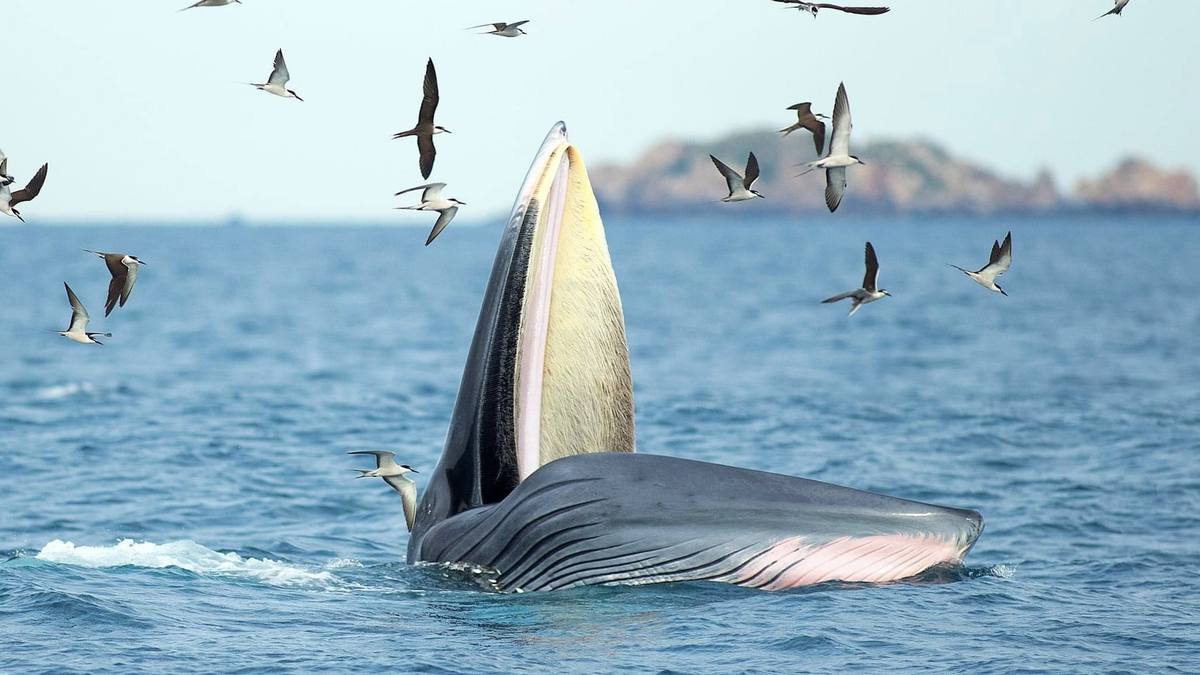










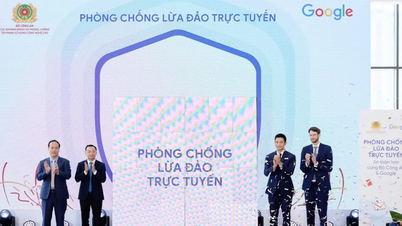






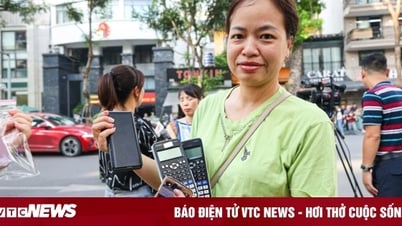


![[Photo] Candidates take the first graduation exam with the new Literature topic](https://vphoto.vietnam.vn/thumb/1200x675/vietnam/resource/IMAGE/2025/6/26/dfded9e317554c25a3e26defe672ebb7)













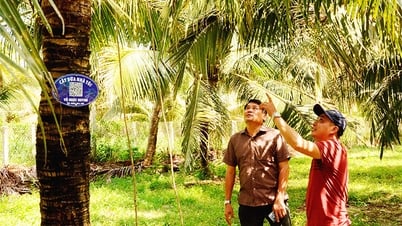












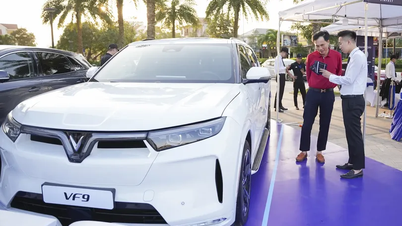



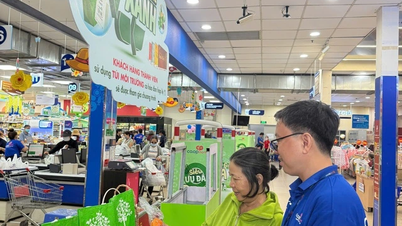





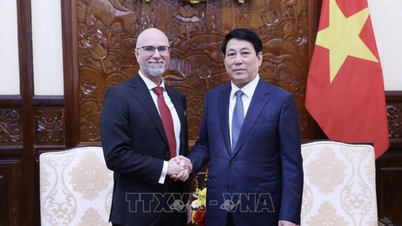









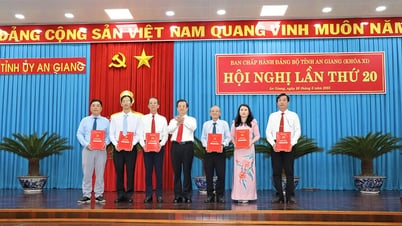



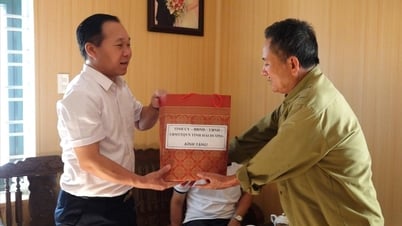









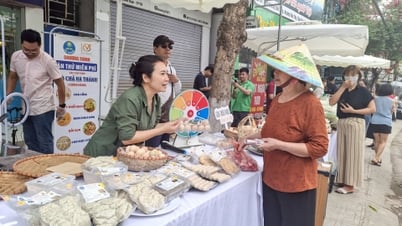









Comment (0)